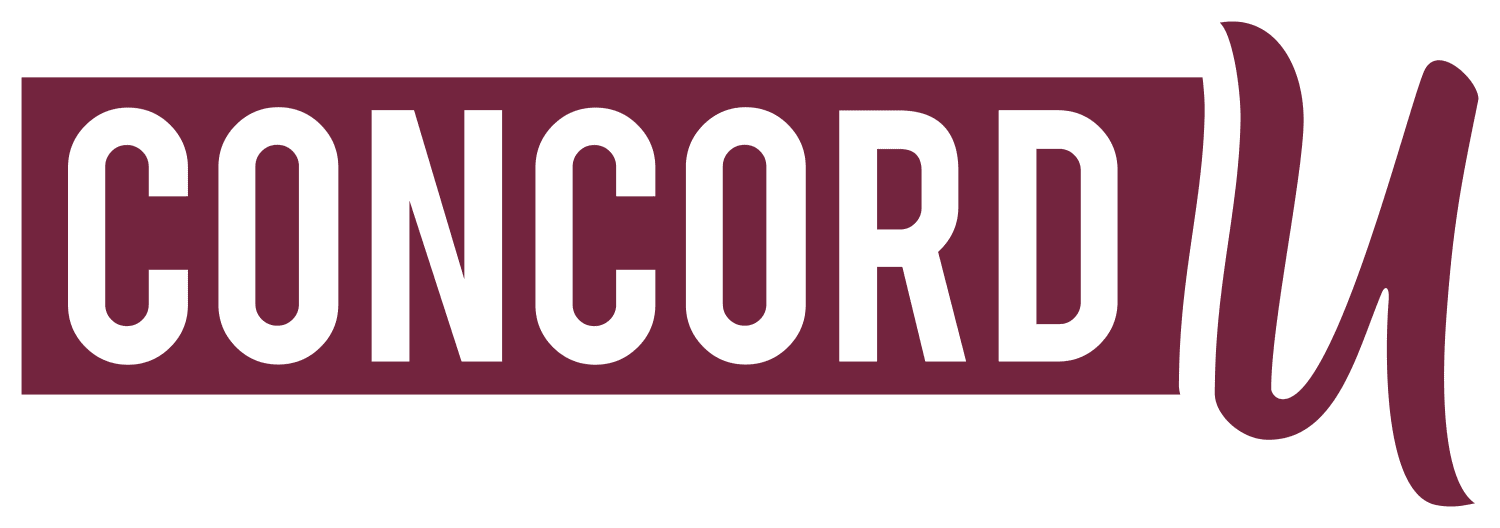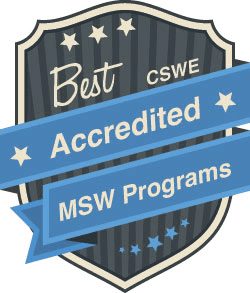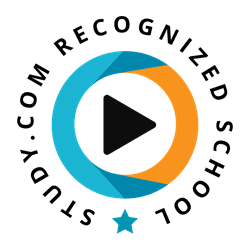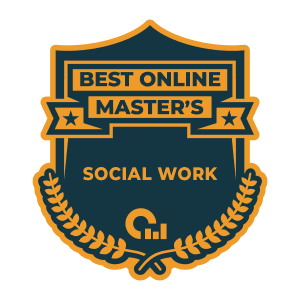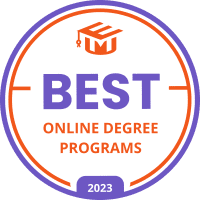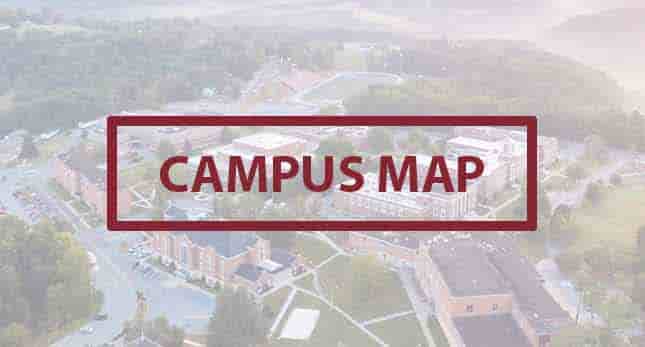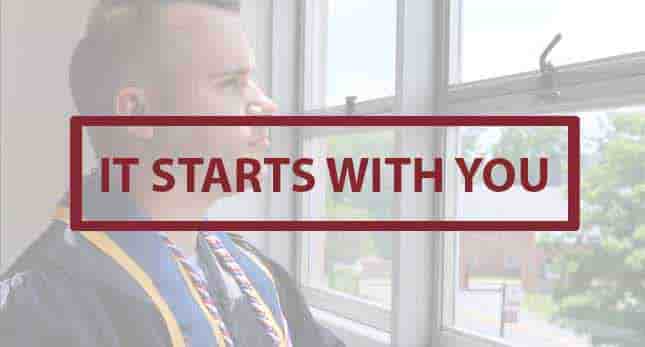Master of Social Work
The Master of Social Work program (MSW) was accredited in June 2015. The MSW program is completely online and prepares graduates for advanced generalist social work practice with a specialization in rural practice. Using a conceptual framework to identify advanced knowledge and skills, the program builds an advanced curriculum from the generalist content. In the advanced curriculum, the generalist content is focused in the context of rural practice and is addressed in all four dimensions – knowledge, values, skills, and cognitive and affective reaction – and supports the Program’s advanced generalist social work practice with rural specialization (CSWE, 2017)
The Mission of the master program is “to prepare graduates for advanced generalist social work practice with a specialized area in rural practice. The MSW Program is built upon a systems approach and the strengths perspective, delivered in a manner that meets the needs of students that live and/or work primarily in rural areas.”
The Master of Social Work program’s goals are derived from the programs mission statement. They are identified as follows:
Students will demonstrate the ability to:
- Conduct advanced social work practice, with a rural concentration, which operates from a systems and strengths perspective with the ability to respond to varying rural contexts, including diversity and difference and to engage, assess, intervene, and evaluate at all levels including individuals, families, groups, organizations, and communities.
- Think critically and examine issues within the rural context while applying knowledge from both a person-in-environment and human behavior perspective to determine appropriate methods of intervention and to communicate these in an ethical manner utilizing the strengths of rural settings.
- Utilize an advanced reflective and developmental approach to practice.
- Apply an advanced critical and analytical approach to practice that incorporates the unique culture and systems within rural settings and includes engaging in research-informed practice and practice-informed research.
- Use advanced knowledge and skills in analyzing rural social policies and promoting change in rural settings through the development of more just and humane policies as they affect clients, social workers, and service systems.
- Address the uniqueness of issues of human rights, mechanisms of oppression, discrimination, and social, economic, and environmental justice in order to improve the social, economic, and environmental well-being of clients within rural settings across all levels of practice (micro, mezzo, and macro).
If you are interested in our MSW program, please fill out our form here to request more information.
Application Deadlines
Fall Deadline – April 15 | Spring Deadline – November 15
PLEASE READ THE REQUIREMENTS BELOW BEFORE APPLYING
ALL REQUIRED DOCUMENTS MUST BE RECEIVED BY THE DEADLINE IN ORDER FOR THE APPLICATION TO BE REVIEWED
